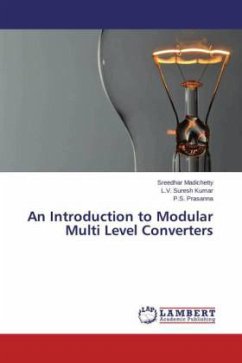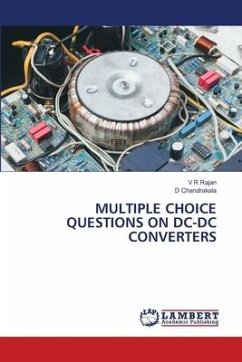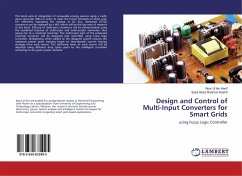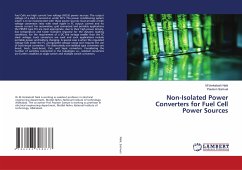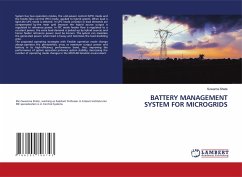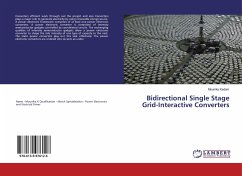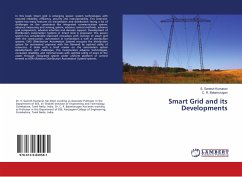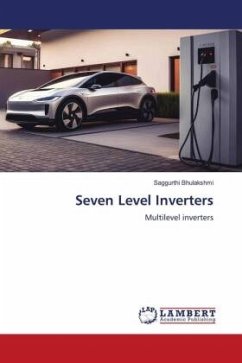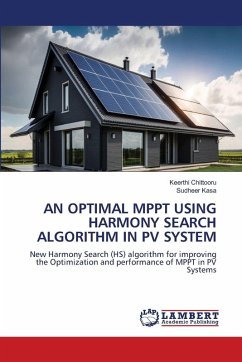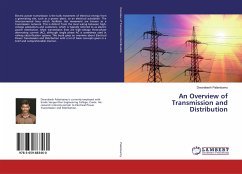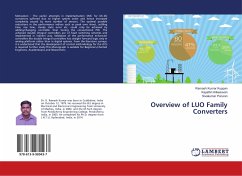
Overview of LUO Family Converters
Versandkostenfrei!
Versandfertig in 6-10 Tagen
27,99 €
inkl. MwSt.

PAYBACK Punkte
14 °P sammeln!
Motivation : The earlier attempts in implementation SMC for DC-DC converters suffered due to higher system order and hence increased complexity caused by more number of sensors. The optimal possible reductions in the performance indices such as peak over shoot, settling time, rise time, steady state error etc. could only be achieved by adding/changing controller than tuning the conventional PID. The achieved double integral controllers are of fixed switching schemes and implemented in indirect way. Validation of the performance enhanced controllers like double integral controllers has straight...
Motivation : The earlier attempts in implementation SMC for DC-DC converters suffered due to higher system order and hence increased complexity caused by more number of sensors. The optimal possible reductions in the performance indices such as peak over shoot, settling time, rise time, steady state error etc. could only be achieved by adding/changing controller than tuning the conventional PID. The achieved double integral controllers are of fixed switching schemes and implemented in indirect way. Validation of the performance enhanced controllers like double integral controllers has straight forward logic only in analog platform rather than in digital systems. From the literature surveys, it is understood that the development of control methodology for the LFCs is required further study.This Monograph is suitable for Beginners,Charted Engineers, Academicians and Researchers.



